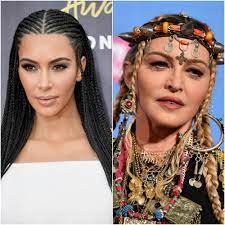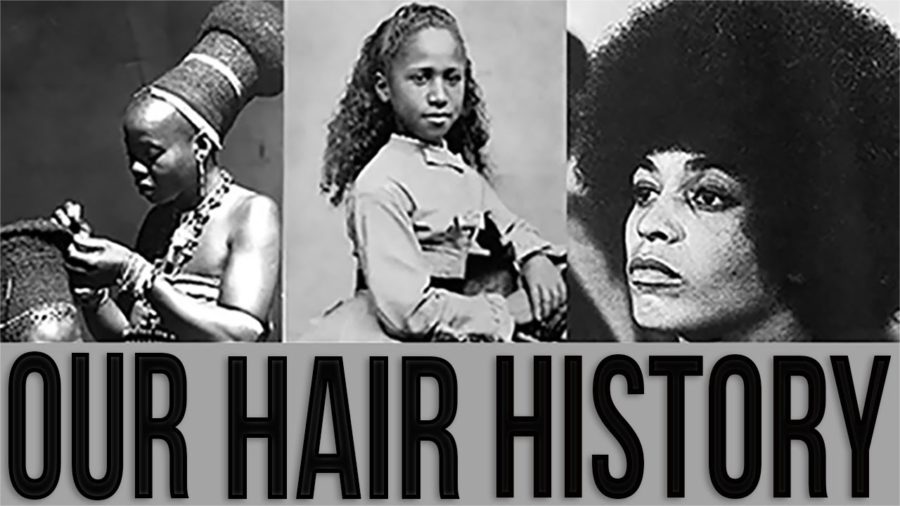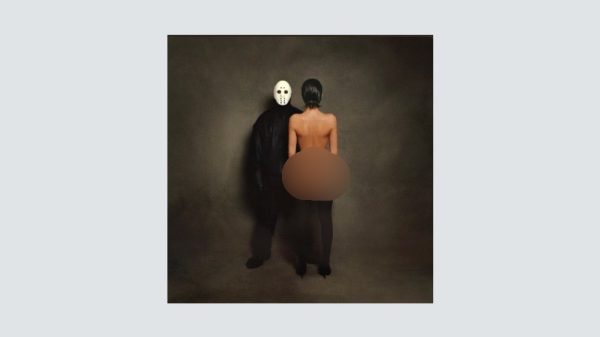A Taste of Cultural Appropriation
Cultural appropriation is defined as the adoption of an element or elements of one culture or identity by members of another culture or identity. Simply put, stealing cultural things created by a group of people and claiming them as your own. Black people and black culture are one of those groups that are constantly stolen from. Let’s take a walk-through.
Hairstyle:
Dreads and braids are too often worn by people who did not create them. Both of these beautiful hairstyles originated in Africa around 3500 B.C. These styles were seen as art and cultural significance. Fast forward many thousand years and Black slaves used these styles for multiple reasons throughout the Americas. These reasons included sending messages, storing food, and memorization of maps.
In current times, Black people are discriminated against for their hair. Young black girls and boys are bullied for their black hair. Black women are denied jobs, called all sorts of belittling names when they wear these styles. These hairstyles are made to protect Black people’s hair. The kinky-curly texture of Black hair can handle the heaviness of braids and dreads. If you as a non-black person decide to go and get these styles, it should not be surprising if your hair falls out afterward. The styles Africans created, which later were passed down to Black Americans, were made specifically for that hair.



Language:
It’s very common to hear non-black people try to “talk Black”. Non-black people will use the phrases we created and then code-switch in front of their parents. I noticed that non-black people depend on AAVE to make themselves hilarious as well. Because of our unique language, we’ve been stereotyped to be ghetto and illiterate. Black culture isn’t a costume where you can pretend to act like something you’re not. We as Black people don’t choose this life, meanwhile, others turn it on and off like some sort of game. There’s so much that goes into the cultural appropriation of Black people. It is important to learn, understand, and respect the cultures that aren’t yours.











